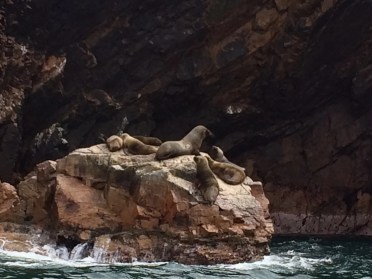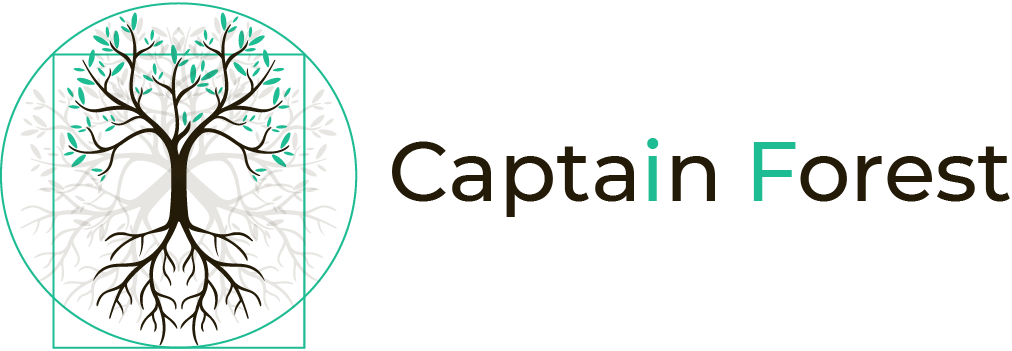Welcome to Captain Forest
Captain Forest is an international movement for a plastic-free, waste-free, saving trees, and permaculture world.
Lamiaa Biaz
My name is Lamiaa Biaz. I was born in the mid-eighties in Casablanca and currently live in Paris. I studied economics and management in France and worked in diverse areas, from banking to social impact filmmaking to sustainability. Since 2018, I have specialized in environmental topics, and now, I am an expert in circular economy and Nature-based Solutions.
My "why"
My “why” to start my ecological journey in my personal life was my passion for Nature. Since 2015, I have started spending time in mountains and forests, and eventually, it connected me with Nature. Later in 2019, I decided to eliminate plastic and waste from my life, and I have developed a strong interest in permaculture that I modestly currently practice in my Parisian apartment.
The story of Captain Forest
Back in 2018, during my MBA in INSEAD, a school surrounded by a beautiful Forest, I spent a year focusing on sustainability, entrepreneurship, and innovation. Particularly, the “business sustainability thinking” course was an opportunity for me to discover the circular economy concept.
These inspired me to create a platform that I called CAPTAIN FOREST to allow my classmates to buy/sell secondhand goods and reduce waste around the campus.
I had chosen the “Captain Forest” name because forests are perfect ecosystems where waste equals food: no heap of dead bodies and no trash.
Three years later, when creating this website to share with the world topics related to the circular economy, Nature-based solutions, and sustainability, I decided to revive “CAPTAIN FOREST”.
Captain Forest today

Our current globalized socio-economic model has enormous environmental and social costs. It is based on the mass consumption of single-use (plastic) products resulting in severe pollution, resource depletion, and biodiversity loss.
Replacing plastic with another material is often not the solution. Indeed, for instance, the mass use of cardboard would be responsible for even more deforestation. Likewise, mass use of glass would result in sand overuse.
Instead, we could encourage sobriety (i.e., reasonable consumption) and create circular and reuse economies, where products are made in sustainable materials for long-term use and waste are reusable resources.

Besides, in our globalized system, food production is one of the most polluting industries responsible for deforestation, soil destruction, water pollution, and biodiversity loss.
In a context of desertification, mass species extinction, and mass poverty, why not develop local and resilient economies capable of producing locally, autonomously, and naturally part of their own consumption? Permaculture is undoubtedly part of the solution to the current environmental and social crisis.
I believe zero waste and permaculture are two sides of the same coin. One is based on the circular economy and the other on Nature-based Solutions. Both rely on sobriety and autonomy and result in local economic and environmental resilience.
Join our community
Join our community of THINKERS and DOERS. You will get a fresh outlook from international experts about the global environmental and socio-economic crisis and the existing solutions around zero-plastic, zero-waste, permaculture, and forestry.
What is the relationship with forests?

Forests are perfect circular ecosystems. Walking in a forest, you will never find an animal’s dead body. In forests, nothing is wasted, and all animals and plants have specific roles and are interdependent.
Also, in permaculture, trees are essential as they regenerate soils, restore biodiversity, refresh and humidify the air and increase water supply.
Finally, I personally consider forests to be a synonym for life.





